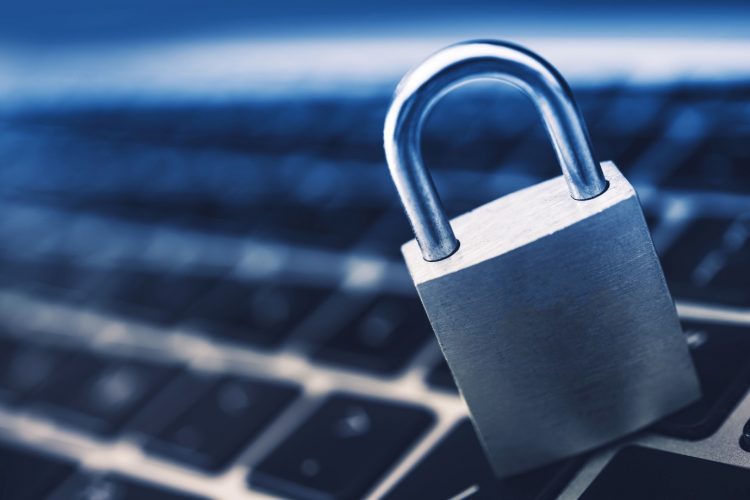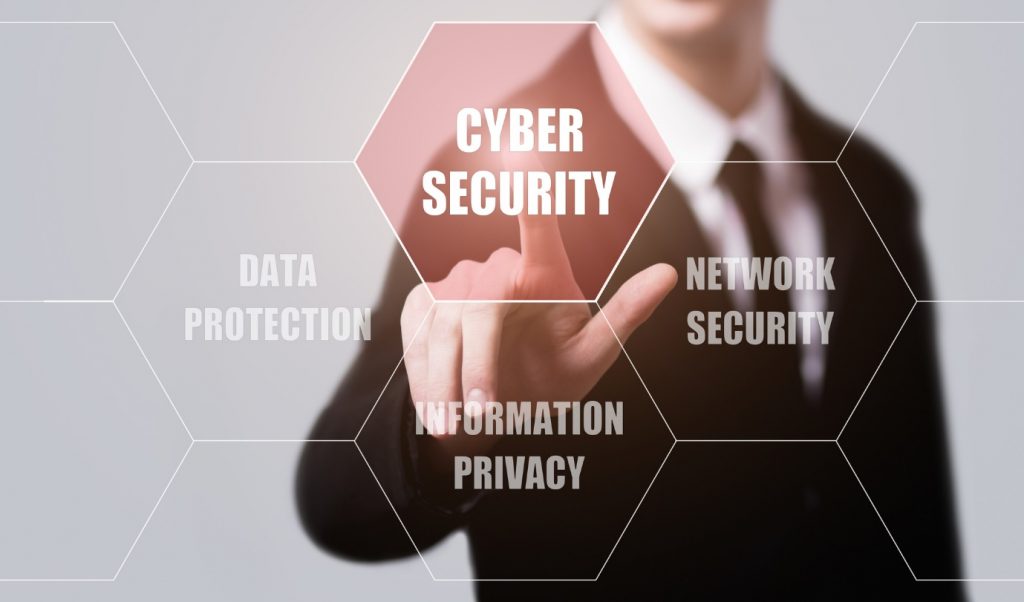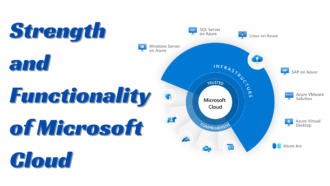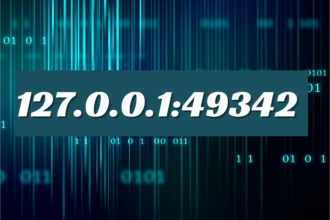What Are Cybersecurity Threats? 4 Things You Need to Know
What are cybersecurity threats, and what do I need to look for?
Cybersecurity is a growing concern that impacts everyone in the digital age. You may not think about it daily, but with our reliance on technology, we risk being hacked or having our data compromised. It’s time to be proactive about protecting yourself from these dangers and stay safe online.
Cybersecurity is an extensive term encompassing a gamut of different things, but they all have in common their potential to harm your computer or the data on it. They include viruses, malware, phishing attacks, trojans, and exploits.
Here are five things you should know about cybersecurity threats:
What Are Cybersecurity Threats?
Cybersecurity is a subset of information security threats. It occurs when information (data) is targeted for unauthorized access, modification, or distribution.
You get exposed to these threats in several ways, including:
- Hacking into a third party’s system and stealing data
- Devices like USBs may infect your computer with malware
- Clicking on unsafe links online where hackers have planted viruses to attack your computer
- Opening an attachment from an unknown sender
These attacks can cause severe damage when compromising your data’s confidentiality, integrity, and availability.
There Are Many Forms of Cyber Threats
As stated above, hidden dangers online come in many forms and work in diverse ways. Viruses are one threat that has been around since the 1980s when personal computers became popular.
They spread through infected files that may contain everything from JavaScript to Microsoft Word documents. This gives them access to your system when you open the file, and they either create new files or delete data.
Trojans are another form of attack. In cybersecurity, trojans work by getting you to download what looks like a harmless program but contains malicious code designed to infiltrate your system undetected.
Phishing attacks have become a prevalent method of online hacking. One of their biggest targets is email accounts. They usually come in the form of an official-looking email asking you to click on a link or open an attachment.
Doing so may unleash malware onto your computer, deleting sensitive data and allowing hackers to access your accounts.
It’s Not Just Your Computer at Risk Anymore
As we rely more and more on technology for our daily lives, what happens online affects us offline as well. Hackers can exploit cloud computing services, where your data is stored in the “cloud” rather than on your computer’s hard drive.
These services usually include anything from digital calendars to Internet storage accounts where you keep photos and files that need backing up regularly. If someone hacks into these systems, they can steal all of this sensitive data.
They Can Be Prevented but Not Always Avoided
Since there are so many types of cyber threats with varying techniques for targeting computers, it’s impossible to avoid them altogether. However, the more informed you are about what they are and how they work, the less likely you will fall victim to them.
That’s why cybersecurity experts recommend understanding cybersecurity trends in 2024 to know how to prevent cyber attacks.
Check out these IoT challenges that the world is currently battling with.
Stopping Cybersecurity Threats
What are cybersecurity threats? They are dangerous to your computer and data if you have lax security practices. There are many forms they come in, and it’s essential to be aware of what they do so you can keep yourself safe from them.
We hope you enjoyed this article. To get more information, keep reading our articles.




















